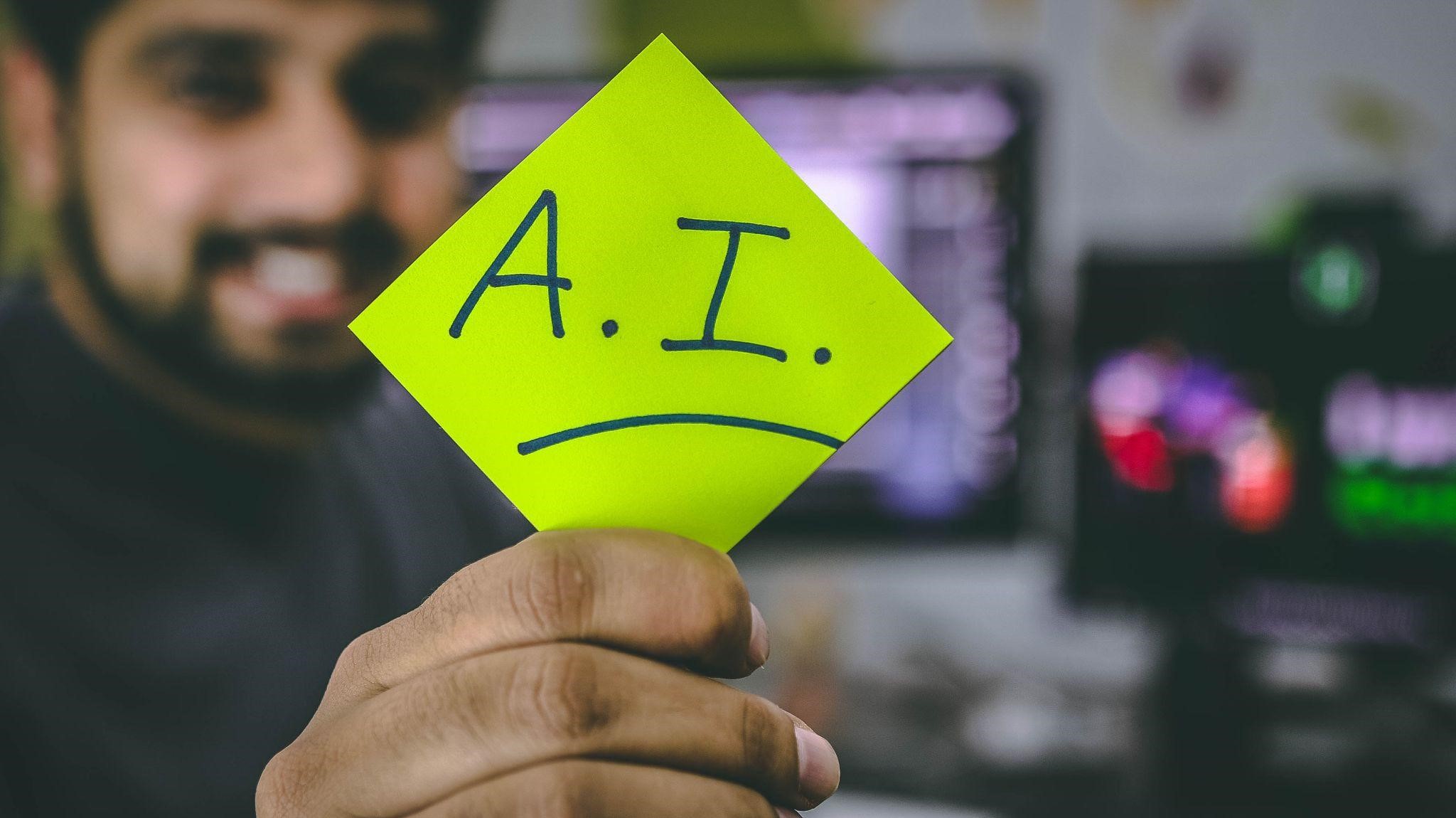As we’ve begun to rely on internet-connected devices more and more, the need for artificial intelligence (AI) has increased dramatically. AI is now present in many aspects of our lives, from our smartphones to our cars. With the rise of voice assistants like Siri and Alexa, we’re even beginning to interact with AI in new ways.
In this article we will take a look at the top five ways that artificial intelligence will impact digital marketing over the next few years.
Automated social media marketing
One way that AI will change digital marketing is by automating social media marketing.
Platforms like Facebook and Twitter have been used in the past to reach out to customers and promote products, but they can require a lot of time and energy to maintain. With artificial intelligence, these platforms can be automated with the push of a button.
AI technology has been able to identify a user’s interests and preferences based on their behavior online. For example, if a user has liked specific products or shared similar content with their followers in the past, then they might see more ads from that company in the future.
The most interesting part is that it’s all done without any human intervention! These platforms are so advanced that you don’t even need an account manager to handle your day-to-day, which will allow you to spend more time on other aspects of your business.
Voice assistants and AI
Digital marketing has historically been reactive. Marketers would only take action after someone had taken the first step and shown that they were interested in a product or service.
Today, AI is becoming more and more predictive, meaning that it can predict when customers need to be reached out to. This will provide brands with an opportunity to reach potential customers who may not have been aware of their product or service before.
The best example of this is voice assistants like Siri and Alexa. Voice assistants are great at predicting what we need before we know it ourselves, and could serve as a valuable tool for digital marketers in the future. Imagine if you could ask Siri “I’m thinking about buying a new car” and she would say, “I saw you searched for cars on Google today.”
This type of technology highlights how powerful AI can be in digital marketing. Brands will be able to reach out to customers when they’re most likely ready to make a purchase decision.
The future of personalized advertising
The future of personalized advertising is something to look forward to. With the help of AI, marketers will be able to create more targeted ads without having to rely on cookies or other types of personal data.
AI can use information like location and browsing history to determine which ads are relevant for you. This can lead to more relevant advertising campaigns that target your interests.
Because AI uses algorithms, not personal data like name, email address, or social media profiles, it makes it significantly more difficult for hackers and bots to steal your information. This means that marketers won’t have access to your personal data unless you choose to share it with them.
Thanks to AI, there’s no need for you to worry about being bombarded by irrelevant ads when you’re surfing the internet!
Conclusion
Artificial intelligence is set to dramatically change the way we interact with technology in the future. It is already having an impact on social media, voice assistants and personalized advertising. But what about the future of marketing?
Digital marketing will be one of the main areas to feel the effects of AI in 2022. AI will be able to analyze huge amounts of data and create personalized campaigns that target just the right people with the right messages at the right time.
This means less time wasted on tedious tasks and more time to focus on what actually matters: creating great content and generating revenue.
Speaking of generating revenue, AI lead generation tools are here to stay and help digital marketers who adopt the latest tech outperform their counterparts. Some popular tools include Lyne.ai, Growbots, and Tavus.
Overall, this digital-first approach will help marketers be more productive and generate better results.
